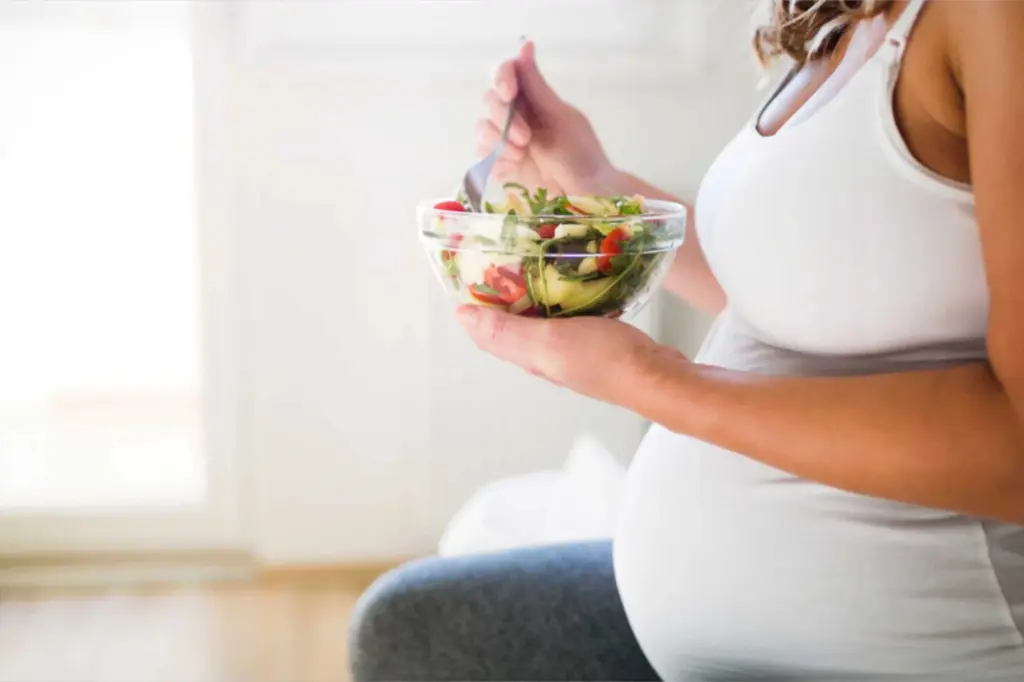
Mediterranean diet in pregnancy: A large retrospective study from Greece, published in Allergy, reports that women who adhered more closely to a Mediterranean diet during pregnancy and breastfeeding had slightly lower odds of having children diagnosed with food allergy in early life.
Food allergy has become a growing public-health concern worldwide. IgE-mediated food allergy alone affects an estimated 8%–10% of people in Western countries, while prevalence in developing nations varies widely, with urban pockets of China mirroring Western rates and rural parts of Africa and Asia reporting far lower figures.
Also Read | Mediterranean diet and exercise shown to cut diabetes risk in older adults
The MEDALLION project enrolled mothers from six Greek regions, including Athens, Alexandroupoli, Crete, Ioannina, Peloponnese and Thessaloniki, and compared those whose infants had physician-diagnosed food allergies with healthy controls. A subgroup of 430 mother-child pairs with complete data was analysed, including 336 allergy cases (159 IgE-mediated and 177 non-IgE) and 94 controls.
Researchers collected detailed information on parental atopy, perinatal factors, antibiotic use, smoking, infant feeding practices and maternal diet during pregnancy and lactation, scoring weekly intake across 11 food groups (such as vegetables, fruits, legumes, unrefined cereals, fish, full-fat dairy, olive oil, poultry, and red meat). Models were adjusted for maternal and paternal allergy history and for maternal food exclusions.
Overall adherence to a Mediterranean pattern, richer in fruits, vegetables, olive oil and full-fat dairy, and lower in red meat and processed foods, was higher among mothers of healthy controls than among mothers of allergic infants. In multivariable analyses, several food-group signals emerged.
During pregnancy, eating more than eight weekly servings of fruit and more than 15 servings of full-fat dairy was linked to lower odds of infant food allergy, whereas consuming more than one weekly serving of fish and more than three weekly servings of poultry or red meat was linked to higher odds.
During lactation, higher vegetable intake (over 12 weekly servings) appeared protective, while higher poultry and red-meat intake again tracked with increased odds.
The authors call for prospective intervention trials and replication in non-Mediterranean settings before translating these associations into firm dietary guidance.








